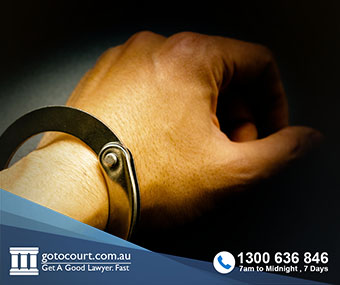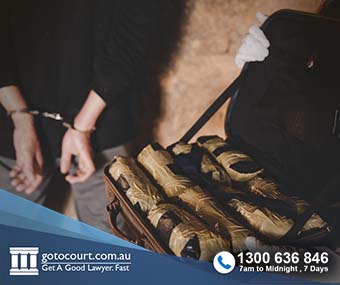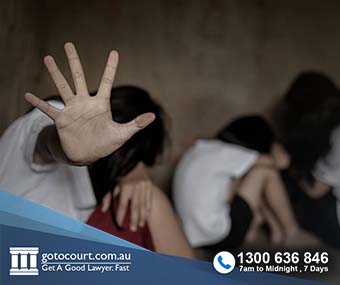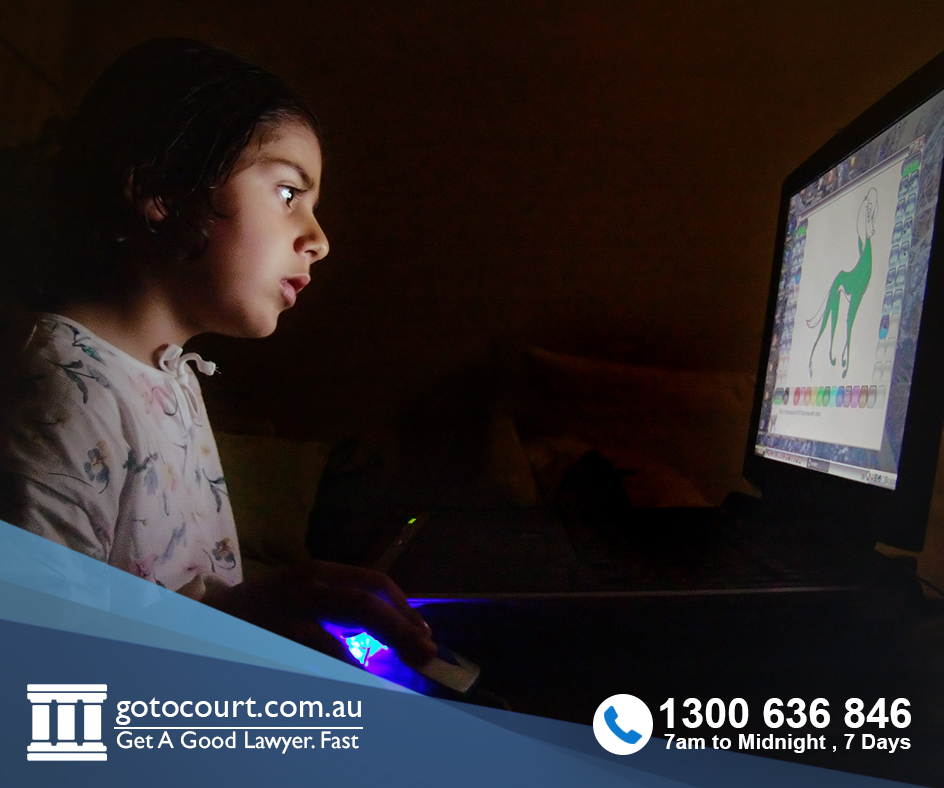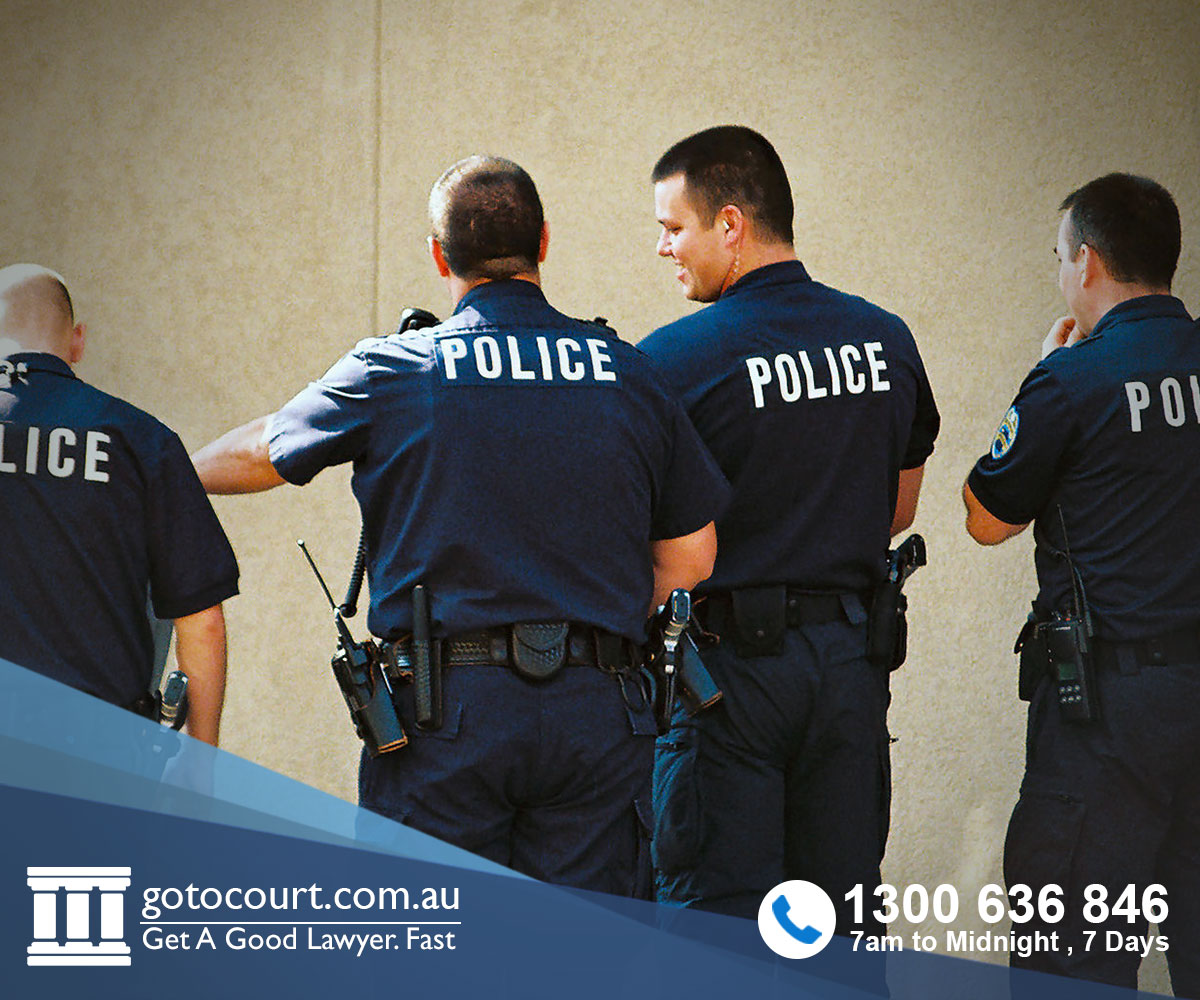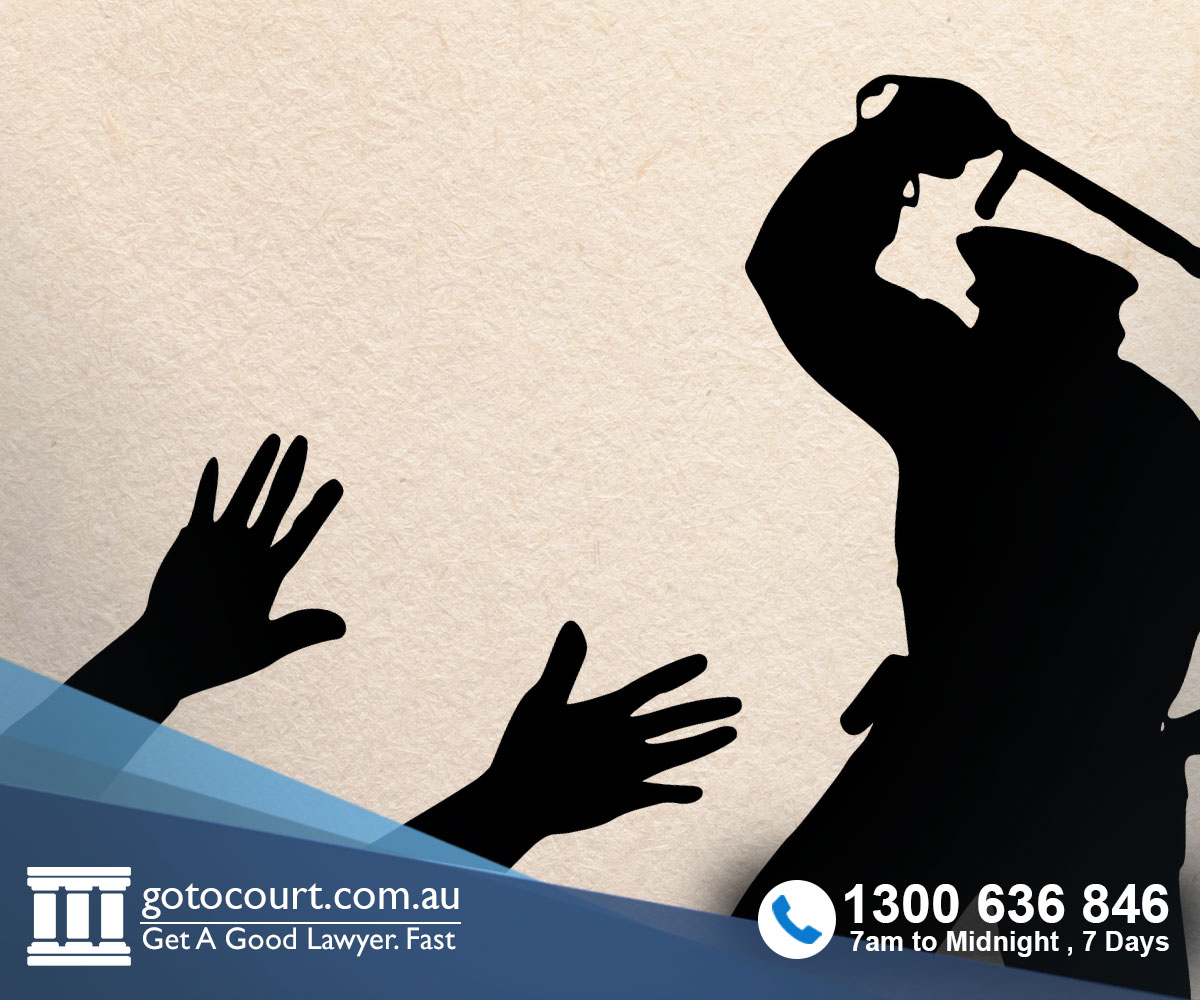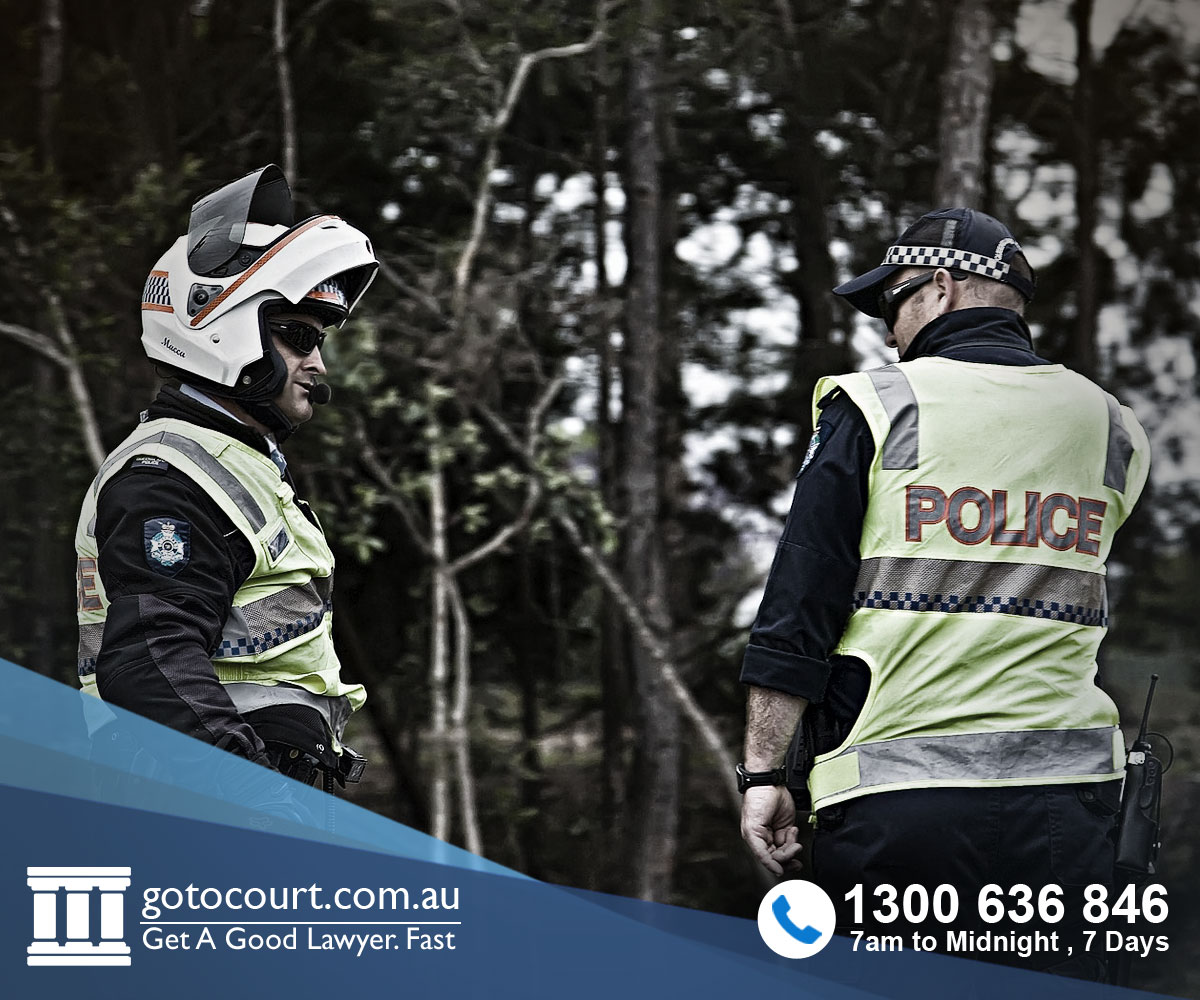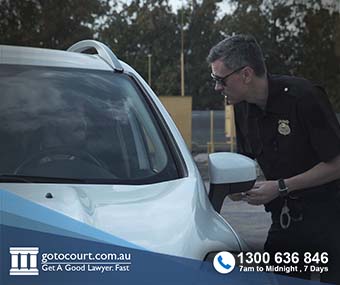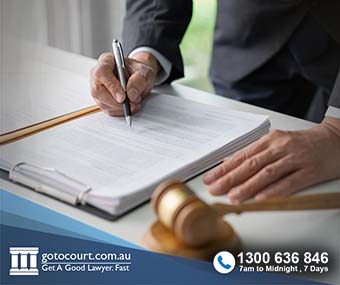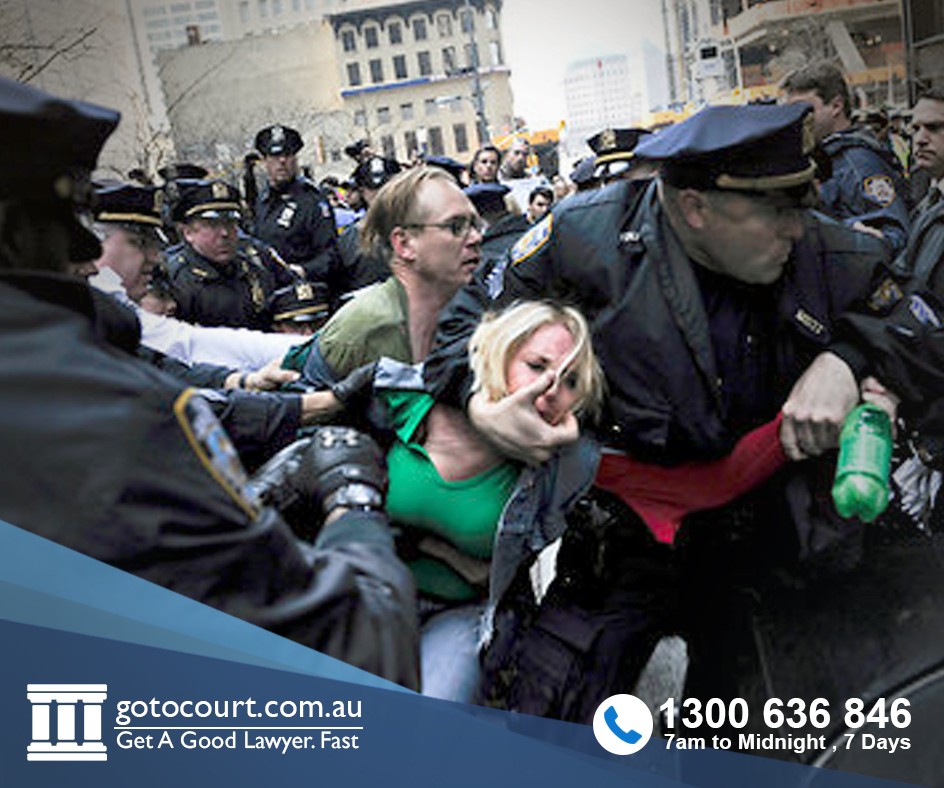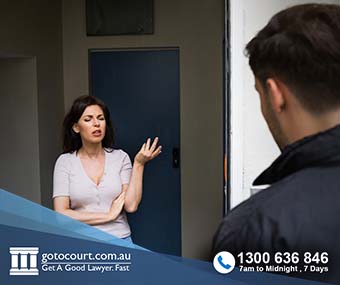Call our lawyers
now
or,
have our lawyers
call you
Can Police Enter Premises in Australia?
Updated on Nov 08, 2022 • 4 min read • 1298 views • Copy Link
Can Police Enter Premises in Australia?
There are a range of situations where the police have the right to enter private premises. Whether or not the police require a warrant to enter depends on the situation. The circumstances where police enter premises, both with and without a warrant, are set out below.
If the police enter your premises without a warrant and without your permission in circumstances that do not justify this, you can make a complaint about police misconduct. If the police gather evidence during an unlawful search and you are subsequently charged with an offence, you may be able to have the evidence ruled inadmissible in a criminal proceeding on the basis that it was improperly obtained.
When can police enter premises?
Under the Law Enforcement (Powers and Responsibilities) Act 2002, the police may enter private premises in the following situations:
In an emergency (Section 9)
Police are allowed to enter premises if a breach of the peace is being committed and it is necessary to enter in order to end or prevent the breach of the peace. They are also allowed to enter if a person has suffered or is in imminent danger of suffering significant personal injury.
However, when the police enter premises under this provision they are allowed to remain on the premises only for as long as is reasonably necessary in the circumstances.
An example of when this power may be relied on is in a serious domestic violence situation.
To arrest or detain someone or execute a warrant (Section 10)
Police can enter premises to arrest a person, detain a person or execute a warrant if they believe on reasonable grounds that the person is in the dwelling.
To search and seize (with a warrant) (Section 47A)
Police can enter and search premises if they have obtained a warrant to do so, but only to the extent stipulated in the warrant. In some circumstances, police will obtain a covert warrant, which allows them to search premises without the knowledge of the occupier. In that case, police are allowed to conceal what they have done in the process of the search.
If the warrant is not a covert warrant, police must provide an ‘occupier’s notice’ to the occupier of the premises, which sets out the details of the warrant. If the occupier requests to see the actual warrant, they must show them that document as well. If an occupier, having seen these documents, refuses to provide entry to police, they can be charged with a criminal offence, such as resisting police.
Police may seize items mentioned in the search warrant and other things that they reasonably believe are connected with an offence. (Section 49)
Police must not execute a search warrant at night unless the warrant specifically states that it may be executed after 9pm or before 6am.
Can police use force to enter premises?
If police have a warrant to search premises, they are allowed to use ‘reasonable force’ to gain entry. How much force is reasonable depends on the circumstances. If a door is left open it is not reasonable to damage anything to gain entry. If doors are locked and must be broken to gain entry, that would be reasonable provided no other mode of entry is available. If doors are barricaded so that significant damage must be done in order to gain entry, that would be reasonable if there is no alternative.
If police do not have a warrant, they may use force to gain entry to premises if it is reasonable to do so. If a serious violence offence was being committed, for example, police could justify using force to gain entry so as to bring the situation to an end.
What if police enter unlawfully?
If the police enter your premises without a warrant in circumstances that do not justify this, you can make a complaint about police misconduct.
If the police obtain evidence during a house search that was conducted unlawfully you may be able to get this evidence excluded from the case against you. The Evidence Act gives courts powers to exclude evidence that was improperly obtained from proceedings as a way of holding police accountable for their actions and upholding civil liberties. This is done in a proceeding called a voir dire, which is separate from the trial or hearing.
If you need legal advice or representation in a criminal matter, please contact Go To Court Lawyers.

Affordable Lawyers
Our Go To Court Lawyers will assist you in all areas of law. We specialise in providing legal advice urgently – at the time when you need it most. If you need a lawyer right now, today, we can help you – no matter where you are in Australia.How It Works







1. You speak directly to a lawyer
When you call the Go To Court Legal Hotline, you will be connected directly to a lawyer, every time.


2. Get your legal situation assessed
We determine the best way forward in your legal matter, free of charge. If you want to go ahead and book a face-to-face appointment, we will connect you with a specialist in your local area.


3. We arrange everything as needed
If you want to go ahead and book a fact-to-face appointment, we will connect you with a specialist in your local area no matter where you are and even at very short notice.

